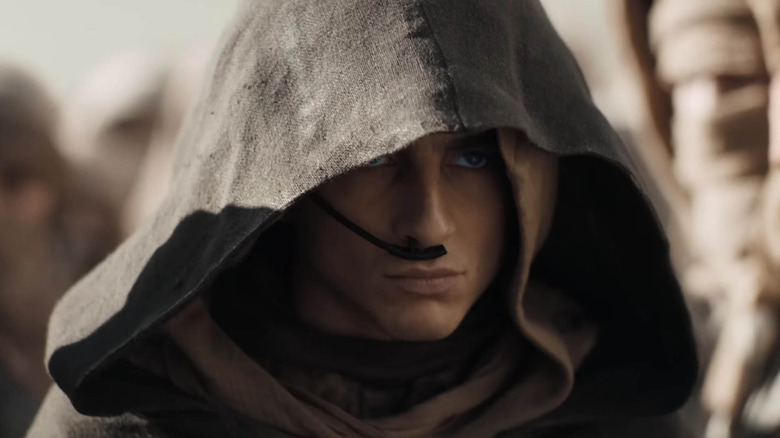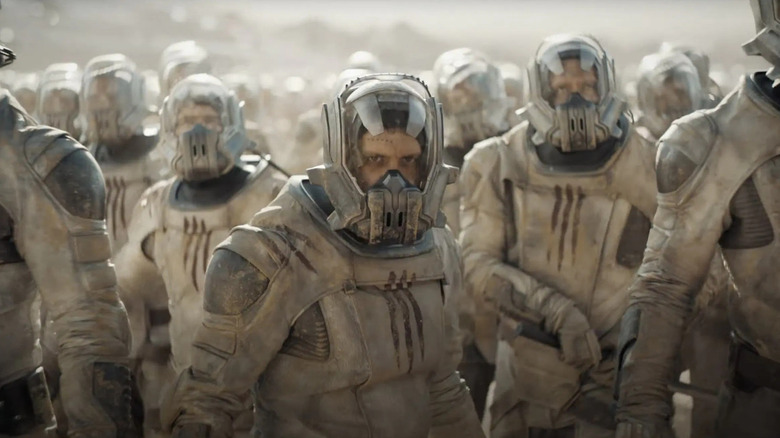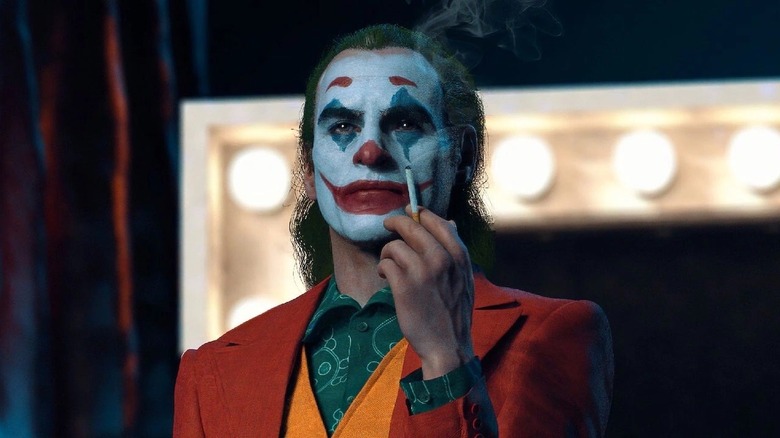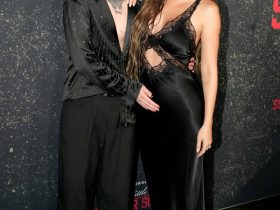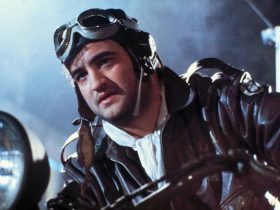Quentin Tarantino, greatest recognized for his supporting flip in “Future Activates the Radio,” has by no means been shy about his style in films. Tarantino has lengthy been drawn to aggressively masculine style movies, Westerns, warfare photos, martial arts movies, and something one may need seen at a run-down grindhouse theater in 1977. He additionally likes very terse, tense films, and has listed Martin Scorsese’s “Taxi Driver,” William Friedkin’s “Sorcerer,” and Sergio Leone’s “The Good, the Unhealthy, and the Ugly” as his favorites. He is likewise admitted to having fond emotions for “The Nice Escape” (who would not?) and thinks very extremely of Christopher Nolan’s “Dunkirk.” It is easy to guess that he equally loves “Rio Bravo” and “Apocalypse Now,” and he typically recommends the Sonny Chiba automobile “The Road Fighter” from 1974. (“The Road Fighter” is described in dialogue in “True Romance,” which Tarantino wrote.)
Regardless of his tastes, nonetheless, Tarantino stays cinematically omnivorous, taking in lots of of films a 12 months, sussing out the pop panorama and consuming each potential style. Noticeably, although, Tarantino has by no means made a sci-fi movie or a straight-up horror movie (though his 2007 function “Demise Proof” definitely has parts in frequent with a typical slasher), typically eschewing the supernatural and something fantastical in favor of stylized ultra-violence. As such, one may intuit that he is a bit of dispassionate in the case of fanciful, magical, or technology-based tales.
Because it seems, Tarantino hasn’t even seen Denis Villeneuve’s current “Dune” and “Dune: Half Two,” themselves primarily based on the epic sci-fi novels by Frank Herbert. Though the films have overtly political underpinnings that Tarantino may get pleasure from, they nonetheless happen on a distant planet and centerpiece a weird, psychedelic spice that enables individuals to psychically navigate by way of house. There are additionally large underground worm creatures, personally worn power fields, and wondrous flying machines.
In an interview with Bret Easton Ellis, the filmmaker defined why he hasn’t bothered.
Quentin Tarantino was already over it in the case of Dune
Greater than hating “Dune,” Tarantino is just sick of the best way Hollywood persistently revisits the identical tales again and again. “Dune” had already been tailored into a excessive profile movie again in 1984 by director David Lynch. Tarantino felt that the 1984 model was fairly sufficient, thanks, and that seeing the identical story many times would not add something to his mind. To cite him immediately:
“I noticed [the 1984 version of] ‘Dune’ a few occasions. I need not see that story once more. I need not see spice worms. I need not see a film that claims the phrase ‘Spice’ so dramatically.”
Tarantino added that he sees Villeneuve’s “Dune” because the mere furtherance of distressing developments in Hollywood towards fixed re-adaptation. He would not care if it is a “new take” on acquainted materials, he merely loathes that Hollywood will solely adapt acquainted materials. It definitely would not assist if he was by no means keen on the unique diversifications within the first place. In his personal phrases:
“It is one after one other of this remake, and that remake. Folks ask ‘Have you ever seen ‘Dune?” ‘Have you ever seen ‘Ripley?” ‘Have you ever seen ‘Shōgun?” And I am like ‘No, no, no, no.’ There’s six or seven Ripley books, in the event you do one once more, why are you doing the identical one which they’ve achieved twice already? I’ve seen that story twice earlier than, and I did not actually prefer it in both model, so I am not likely focused on seeing it a 3rd time. In the event you did one other story, that may be fascinating sufficient to offer it a shot anyway.”
Tarantino additionally famous that he would not have to see a brand new adaptation of “Shōgun,” as he noticed the Richard Chamberlain miniseries within the Eighties. He would not care if a filmmaker actually sends him again in time to inform that story, as a result of it is nonetheless a narrative he has seen.
Tarantino, nonetheless, did love the brand new Joker film
Tarantino, it ought to be famous, has no points with acquainted characters or mental properties. What he objects to are comparable plots. In any case, that is the director whose stock-in-trade is sampling characters, titles, music cues, and plot parts from his favourite films, and remixing them into his personal extended homages. His “Django Unchained,” as an example, was an extension of the numerous Italian “Django” films launched within the ’60s and ’70s. Tarantino depends on acquainted tales on a regular basis; he merely tells them in a brand new manner. The one straight-up adaptation Tarantino has made was 1997’s “Jackie Brown,” which he tailored from Elmore Leonard’s novel “Rum Punch.”
As such, Tarantino was very keen on Todd Phillips’ new movie “Joker: Folie à Deux,” a movie he admired as an elaborate prank on the viewers. The film, in dialogue, tears down superheroes and their followers, thumbing its nostril on the decade’s most dominant pop pattern. Tarantino admired that Phillips took a really, very acquainted character who has appeared in a dozen films and introduced a brand new spin to it. Not only a new spin, however a straight-up deconstruction. As he defined it:
“Todd Phillips is the Joker. The Joker directed the film. The complete idea, even him spending the studio’s cash — he is spending it just like the Joker would spend it, alright? […] He is saying f*** you to all of them. He is saying f*** you to the film viewers. He is saying f*** you to Hollywood. He is saying f*** you to anyone who owns any inventory at DC and Warner Brothers.”
Tarantino is keen to offer new tales an opportunity. A brand new adaptation of an already-published story? He’ll go. Besides, y’know, for “Jackie Brown.”
